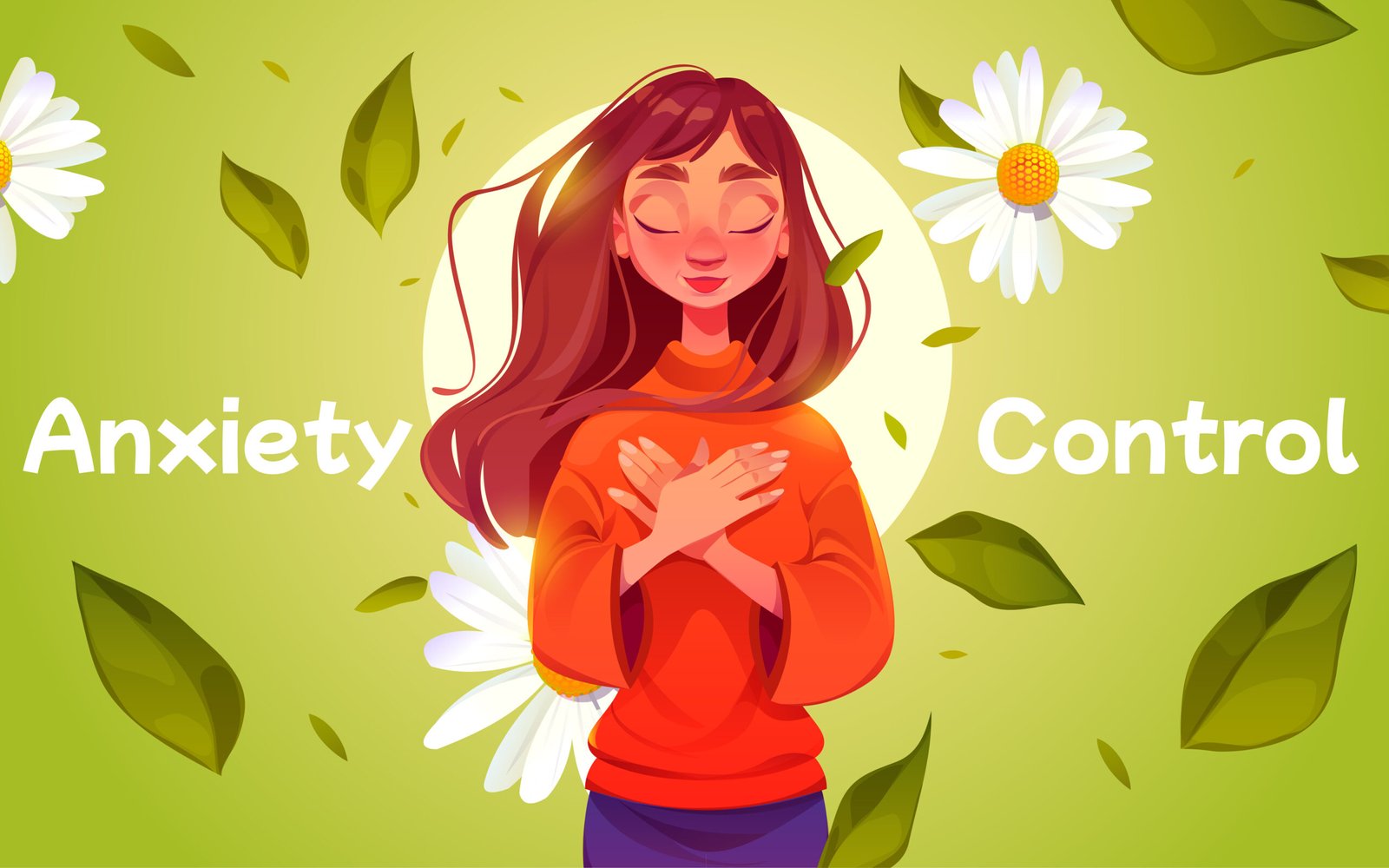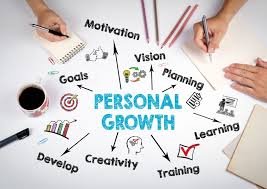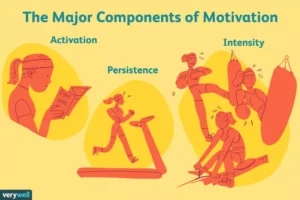Introduction
Self-care is one of the most powerful yet underrated tools for achieving a balanced and fulfilling life. It involves consciously nurturing your physical health, mental clarity, and emotional stability. In a world that constantly demands your attention, self-care reminds you to pause, breathe, and reconnect with yourself.
What Self-Care Really Means
Self-care is more than relaxation; it’s a discipline. It means making daily choices that support your well-being — even when it’s not easy.
It’s saying “yes” to your health and “no” to unnecessary stress.
Benefits of Self-Care
- Better Focus: A rested mind makes better decisions.
- Reduced Stress: Taking time for yourself lowers anxiety levels.
- Higher Self-Esteem: You begin to value your worth.
- Improved Health: Good sleep, nutrition, and exercise improve immunity.
- Increased Happiness: Self-care brings joy and peace into daily life.
Key Dimensions of Self-Care
1. Physical Health
- Maintain regular exercise.
- Eat fresh, nutritious food.
- Stay hydrated throughout the day.
2. Mental Health
- Avoid overthinking and negative self-talk.
- Read or learn something new.
- Take digital detoxes regularly.
3. Emotional Health
- Accept your emotions instead of suppressing them.
- Spend time doing what you love.
- Surround yourself with positive people.
4. Social Health
- Maintain healthy relationships.
- Communicate openly.
- Avoid toxic environments.
5. Spiritual Health
- Reflect daily through prayer or meditation.
- Appreciate the present moment.
- Develop a sense of gratitude.
How to Develop a Self-Care Plan
- Identify areas where you feel drained.
- Set small, realistic goals for improvement.
- Create daily routines that include relaxation.
- Reward yourself for maintaining consistency.
- Keep evaluating and adjusting your plan.
Tips for Better Self-Care
- Learn to say “no” when needed.
- Forgive yourself for past mistakes.
- Celebrate small wins.
- Keep a self-care journal.
- Don’t compare your journey with others.
Challenges to Practicing Self-Care
- Busy schedules.
- Guilt about taking time for oneself.
- Social pressure to stay productive.
- Lack of awareness about self-care’s benefits.
Solution:
Start small. Even 10 minutes of self-care daily can make a huge difference. Over time, it becomes a lifestyle, not a task.
Conclusion
Self-care is an act of self-love and responsibility. It’s about maintaining balance, protecting your peace, and building a happier version of yourself. When you care for your mind, body, and spirit, you create a strong foundation for success and joy.








